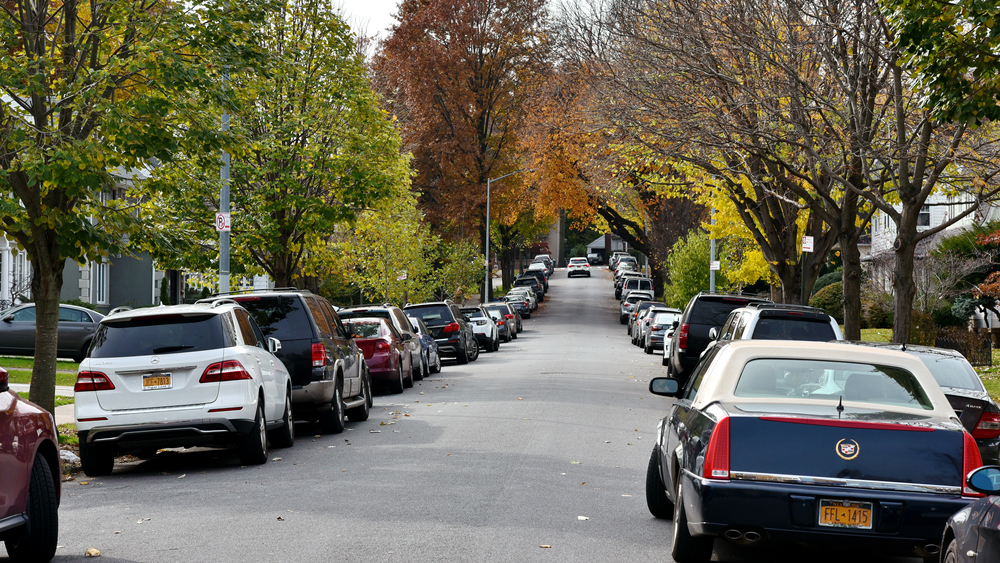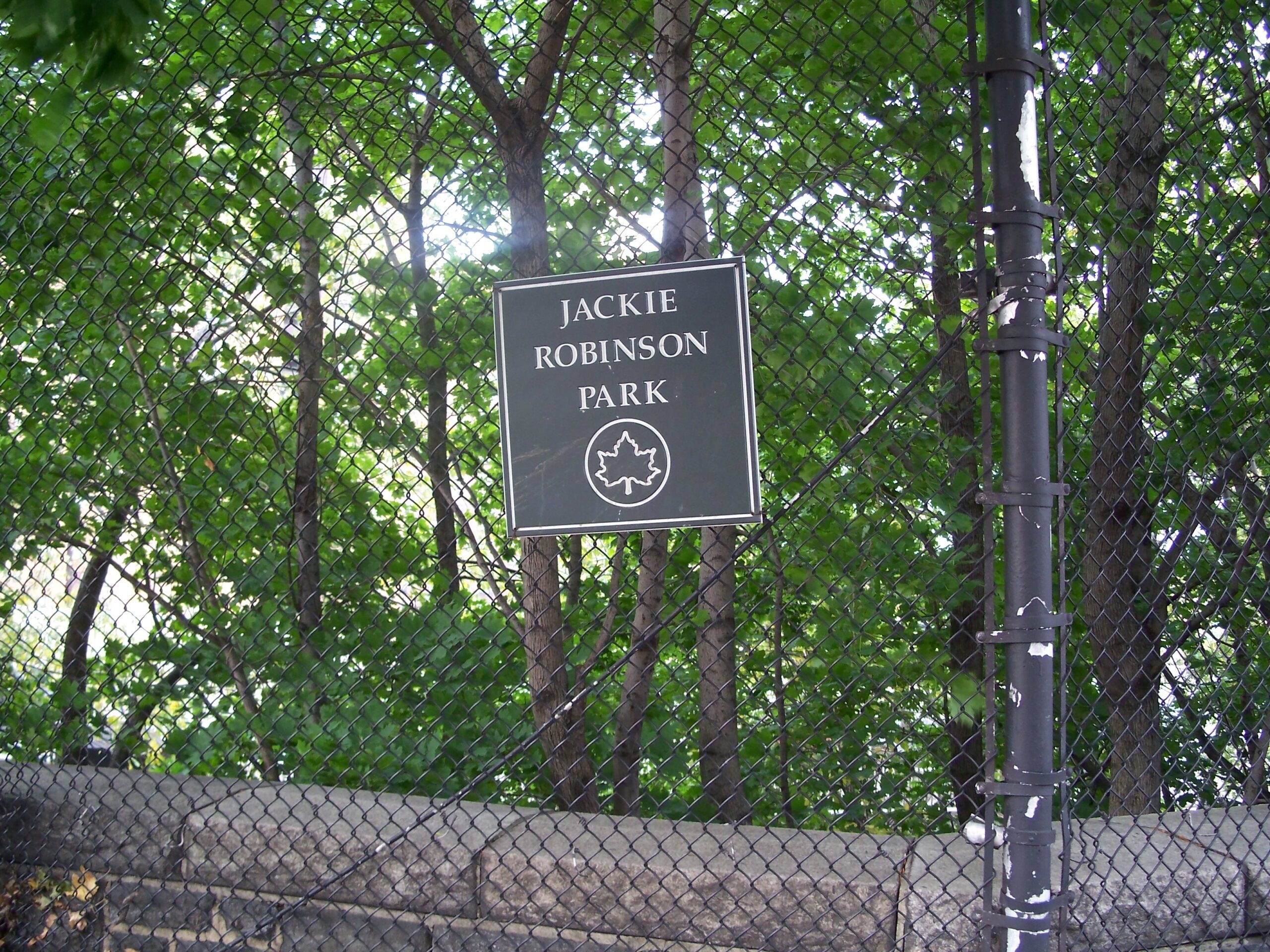This article was originally published on nydailynews.com on May 17, 2024.
By MARK LEVINE and CARMEN DE LA ROSA
Every inch of curb space in this crowded city is precious. So why are we giving so much of it away for free?
Stroll any residential street in Manhattan, and you’ll think you’ve crossed state lines. License plates from New Jersey, Connecticut, and Pennsylvania; countless parking spots occupied by cars with license plates from out of state. Many are owned by commuters entering the city each morning who don’t want to pay for a garage, so they dump their cars on our residential streets — for free.
Neighborhoods like Inwood, Washington Heights, and Harlem face unique parking challenges. Their proximity to major bridges and highways makes them prime targets for commuters seeking free parking. They dump their cars on the street for free, jumping on the subway for destinations in the Manhattan core.
As a result, residents who own cars often compete for spots with drivers from out-of-state neighboring areas, leading to frustration and inequity. This frustration is not just an inconvenience; it disrupts daily life, increasing tension among local residents who need access to convenient parking near their homes.
The upcoming implementation of congestion pricing could exacerbate this issue. As drivers seek to avoid the congestion fee by parking outside the designated zone south of 60th St., some neighborhoods could become even more saturated with out-of-state vehicles. This could further strain communities already saturated with congestion, making it harder for residents to find parking and access their homes conveniently.
Other cities worldwide, from London to Montreal, Philadelphia to Los Angeles, have solved this problem long ago. They reserve parking in residential neighborhoods for people who actually live there. The rules and fees for these “residential parking permit” programs vary by city.
Some set prices by vehicle type and weight, others even by borough or neighborhood to reflect differences in the availability and demand for curbside spots. Still, they generally require only proof of residence and a locally registered vehicle to park in designated neighborhoods.
The idea for a residential parking permit program in New York City is not new, but it’s gaining urgency ahead of the implementation of congestion pricing with its new $15 fee.




